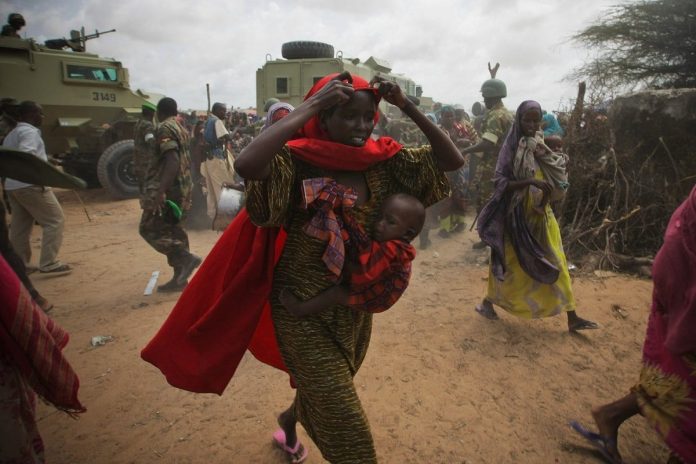On September 12, 2021, Somalia’s Ministry of Foreign Affairs announced that the Arab League had agreed to cover $12 million of Somalia’s $29 million budget for its long-delayed elections. That money comes on top of $7.7 million that Western countries have given through the United Nations. Candidates running for the presidency and parliament will chip in another $8.2 million.
While superficially, it is good that the international community remains invested in Somalia’s elections, too much investment can backfire. Consider: Somaliland, which severed its union with Somalia in 1991, held its own elections on May 31, 2021. Even though it receives little international aid and has a budget of only $339 million, Somaliland paid 75 percent of its $20 million election budget out of its own Treasury.
While Somalia has turned its back on one-man, one-vote elections and instead proposes appointing a few hundred delegates to select office-holders, Somaliland spent months preparing its polls, including mass-registration drives in peripheral provinces in which they took biometric iris scans to ensure the sanctity of the vote. Nor was this the first time. Somaliland was the first country in the world to secure elections with iris scans. Unlike Somalia, it has held numerous competitive elections, some decided by only a few dozen votes. In this year’s elections, the opposition formed a coalition to defeat the president’s party. In Somalia, meanwhile, President Mohamed Farmaajo has illegally sought to extend his term, and rather than accept balance-of-power, he continues to try to undermine and ignore the role of an independent judiciary, most recently in the case of murdered National Intelligence and Security Agency (NISA) cyber-expert Ikran Tahlil Farah.
The lesson of Somalia—shared by the US and international community’s experience in Iraq and Afghanistan—is that sometimes aid and subsidy do more harm than good.
Both absolve governments of accountability for their actions, deter ownership over processes, and breed dysfunctional corruption. If Somalia, for example, does not envision a one-man, one-vote election for its next polls, then its budget is hugely inflated. If such funds pay for the salaries of those preparing the polls but election day gets endlessly postponed, then in effect Somali civil servants who should receive pay from the central budget receive a subsidy which they will the seek to renew with every delay, in essence blackmailing the international community with the prospect of failing to hold polls.
With every election, Somalilanders express pride. Men and women, businessmen and schoolteachers, urban intellectuals and rural pastoralists all feel ownership in their democracy because all pay a heavy price for it. Perhaps the problem for Mogadishu’s constant failure is that it has done little to endow Somalis with a similar sense of ownership, instead of transforming the election process into just one more mechanism with which to fleece the Arab League, U.S. taxpayer, United Nations, and European Union. Somalia received billions of dollars in aid. It has more than enough funds to hold elections without begging for more.
At some point, it would behoove the international community to realize that pouring millions of dollars into Somalia without ever seeing promised results is doing more harm than good. Somalia needs one-man, one-vote elections. Rather than subsidize Mogadishu elites, it is time to tell Somalia that aid is not an entitlement, and its continuance depends on Somali officials doing the right thing.
By Michael Rubin
Now a 1945 Contributing Editor, Michael Rubin is a Senior Fellow at the American Enterprise Institute (AEI).




























